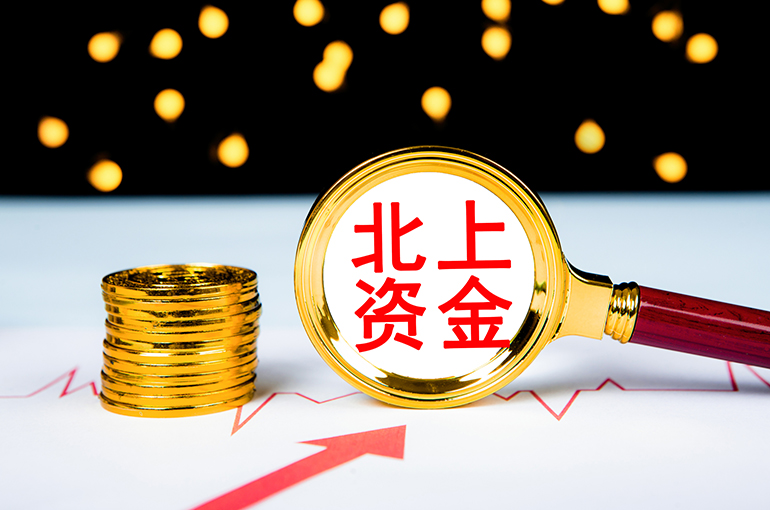 Northbound Net Inflow Via China-Hong Kong Stock Connect Hits 19-Month High of USD2.7 Billion
Northbound Net Inflow Via China-Hong Kong Stock Connect Hits 19-Month High of USD2.7 Billion(Yicai Global) July 26 -- The net inflow of northbound capital into the Chinese mainland stock market through the China-Hong Kong Stock Connect reached CNY19 billion (USD2.7 billion) yesterday, the highest since December 2021.
The net inflow was also the sixth-highest recorded since the launch of the northbound leg of the stock connect program that links the Shanghai and Shenzhen bourses with that in Hong Kong.
The daily record was set the day after the Political Bureau of the Central Committee of the Communist Party of China suggested to “activate capital markets” with a view to boosting investor sentiment. All three major stock indexes in the mainland climbed over 2 percent yesterday, with the Shanghai Composite Index gaining 2.13 percent to 3,231.
The stocks of firms in communications, autos, home appliances, real estate, and media were the ones offshore capital flowed into the most last week, according to Wind Information.
The most-bought stock was Kweichow Moutai [SHA: 600519]. Some CNY3.9 billion (USD544.9 million) of the liquor maker’s shares were snapped up last week. Ranking second to fifth were financial data platform East Money Information [SHE: 300059], distiller Wuliangye Yibin [SHE: 000858], new energy vehicle giant BYD [SHE: 002594], and insurance and financial company Ping An Insurance Group [SHA: 601318].
Many foreign-funded institutions recently released their investment outlook for the global and Chinese markets for the second half of the year. UBS analysts anticipate a 10 percent increase in the earnings of firms listed on Chinese stock markets, given that stock prices have already factored in the second quarter’s economic slowdown and the expected recovery over the next six months.
If government policies are moderate, UBS has a positive outlook on some sectors indirectly related to real estate, such as home appliances, food, and beverages, Meng Lei, a China equity strategist at UBS Securities, said at a press conference yesterday. Meng also recommended insurance and utilities firms as defensive stocks.
The price-to-earnings ratio of the Morgan Stanley Capital International China Index is only a little over nine times, which is low for the past six or seven years, Wang Ying, chief market strategist at Morgan Stanley China, told Yicai Global last month.
The MSCI China Index has a 20 percent discount on the valuation of the MSCI Emerging Markets Index. “No matter the absolute or relative valuation, China’s stock market is attractive,” Wang noted. “It is unreasonable to go short on Chinese stocks or expect a sharp decline in China’s stock market with the current market prices.”
Editor: Futura Costaglione